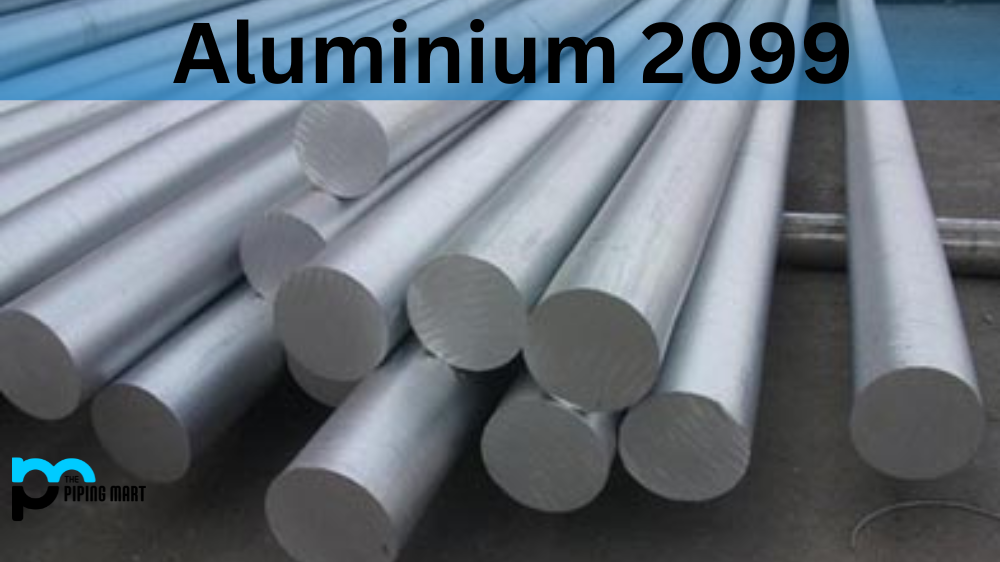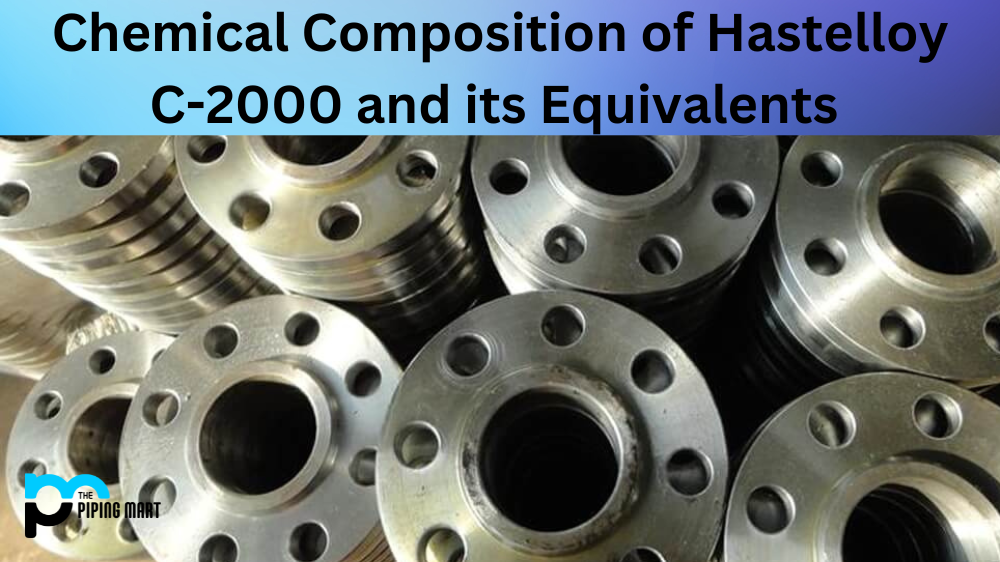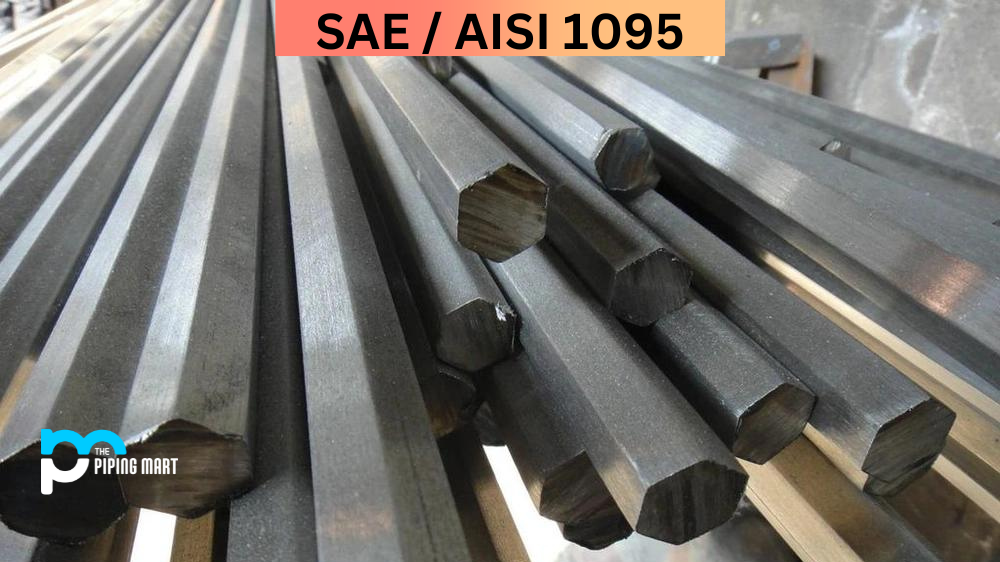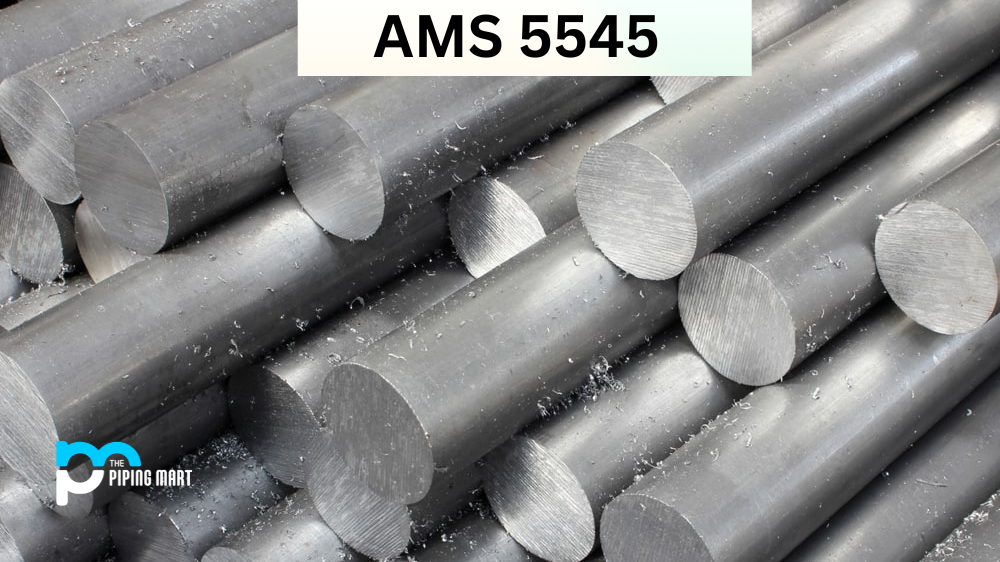Aluminium 2099 is a unique alloy that offers a range of advantages for industrial and commercial applications. It is lightweight, strong, and corrosion-resistant. In addition to being highly heat resistant, it is relatively easy to machine and weld. Today, we’re taking an in-depth look at Aluminium 2099 and exploring its composition, chemical properties, physical properties, uses, corrosion resistance, heat resistance, heat treatment machining, and welding characteristics.
Aluminium Alloy 2099 Composition
AL 2099 is an alloy containing aluminium as the primary metal, with copper as the secondary metal. In small amounts, it also has other elements, such as manganese, silicon and magnesium. The exact composition varies depending on the manufacturer but typically consists of 98% Aluminum; 1% Copper; 0.2% Manganese; 0.25 – 0.4% Silicon; 0.1 – 0.15 Magnesium; and small amounts of Iron and Zinc for additional strength.
| Cu | Li | Zn | Mg | Mn | Zr | Ti | Fe | Si | Be | Others (Each) | Others (Total) | |
| Min | 2.40 | 1.60 | 0.40 | 0.10 | 0.10 | 0.05 | – | – | – | – | – | – |
|---|---|---|---|---|---|---|---|---|---|---|---|---|
| Max | 3.00 | 2.00 | 1.00 | 0.50 | 0.50 | 0.12 | 0.10 | 0.07 | 0.05 | 0.0001 | 0.05 | 0.15 |
Aluminium Alloy 2099 Chemical Properties
Alloy 2099 has excellent chemical properties that make it particularly useful in industries where chemical exposure is common such as marine environments or where there are high levels of humidity or temperature fluctuations, like food processing plants. It has good resistance to saltwater corrosion and oxidation, which means it does not corrode easily, even when exposed to harsh chemicals or extreme temperatures over long periods. Additionally, its low melting point makes it ideal for casting parts with intricate shapes or components that need to be held together securely under pressure or in high-temperature conditions, like engine components on aircraft or boats etc.
Aluminium Alloy 2099 Physical Properties
Grade 2099 has a very low density compared to other metals, which makes it extremely lightweight while still providing superior strength due to its high tensile strength rating (up to 450 MPa). This makes it ideal for applications where weight savings are important such as aerospace components or sporting goods like golf clubs and fishing rods, where extra weight can be a hindrance rather than a benefit. In addition to this remarkable strength-to-weight ratio, aluminium also offers excellent ductility, which allows it to be formed into complex shapes without compromising its structural integrity when subjected to external forces such as impacts from heavy machinery used in manufacturing processes etc.
| Properties | Metric | Imperial |
|---|---|---|
| Density | 2.6-2.8 g/cm3 | 0.0939- 0.101 lb/in3 |
| Melting point | 510°C | 950°F |
Aluminium Alloy 2099 Mechanical Properties
Aluminium 2099 alloy is a common material used for its superior mechanical properties, making it a popular choice for components that require good strength, durability and tolerance levels. The beneficial nature of this metal allows it to be formed into complex shapes with a minimum amount of post-finishing processes. This, in turn, greatly reduces the cost of production while maintaining quality performance. It also has great machinability over other types of aluminium, with excellent thermal conductivity and electrical resistance. As such, Aluminium 2099 can often be the ideal choice for precision parts or components exposed to harsh environments.
| Section | 0.2% Proof Stress | Tensile Strength ksi (MPa) | Elongation (%) | Reduction of area (%) | Hardness |
|---|---|---|---|---|---|
| 0.5″ – 0.999″ | 76 (525) | 81 (560) | 9 | – | – |
| 1″ – 2.5″ | 83 (595) | 83 (595) | 9 | – | – |
Aluminium Alloy 2099 Equivalent
- AMS 4287
Uses
The possibilities with Aluminium 2099 are truly amazing. Possessing properties of unparalleled strength and corrosion resistance, this alloy is being integrated into countless applications, from construction and aerospace to consumer and industrial products. Its lightweight nature makes it perfect for automotive components, offering a lighter but still sufficiently durable alternative to steel or composite materials. It is also frequently used in consumer electronics due to its sleek finish and point-of-sale displays for its easily formable surface. Aluminium 2099 provides innovative solutions where other materials may struggle, making it a perfect choice for the design engineer of the future.
Corrosion Resistance
Aluminium 2099 provides an unmatched level of corrosion resistance, making it ideal for outdoor use in extreme conditions such as high temperatures or coastal areas. Its composition allows it to stand up to many corrosive elements, including saltwater and other harmful materials. In addition, its low carbon footprint makes it one of the most eco-friendly metals in many industries today. Aluminium 2099 is becoming the trusted metal of choice from automotive manufacturers to metal construction professionals due to its corrosion resistance and long-lasting properties.
Heat Treatment
Heat treatment can improve the mechanical properties of aluminium alloys by changing their microstructure through either solid solution hardening (SSH) or precipitation hardening (PH). SSH involves heating the material above its recrystallization temperature, followed by rapid cooling, increasing the yield strength while maintaining acceptable ductility levels. In contrast, PH involves heating just above room temperature followed by slow cooling, which increases yield strength and hardness but reduces ductility significantly, making it less suitable for applications requiring flexibility, such as automotive components etc.
Machining
Aluminium alloys can be difficult materials to work with due to their tendency towards work hardening during machining operations. Still, aluminium 2099 is especially easy thanks to its favourable combination of chemical & physical properties mentioned earlier, which allow it cut cleanly without any burrs forming on the edges even at high cutting speeds, making it ideal for precision parts manufacturing etc.
Welding
Similarly, welding with aluminium alloys can be tricky due to their low melting point. Still, again aluminium 2099 is relatively easy, thanks largely due to its low density, which reduces thermal expansion & contraction, making fusion welding easier & more consistent when done properly compared with other metals like stainless steel.
Conclusion
Alumunium2099 is an incredibly versatile material capable of performing extremely well in harsh environments due to its excellent combination of physical & chemical properties, making it an attractive option for countless industrial applications ranging from aerospace components to everyday items like bicycles & fishing rods etc. Additionally, its favourable machinability & weldability make it especially useful in situations where complex parts need fabrication quickly without any loss in quality, giving manufacturers another reason why this alloy should remain at the top of their list when selecting materials for new projects.

Abhishek is a seasoned blogger and industry expert, sharing his insights and knowledge on various topics. With his research, Abhishek offers valuable insights and tips for professionals and enthusiasts. Follow him for expert advice on the latest trends and developments in the metal industry.




